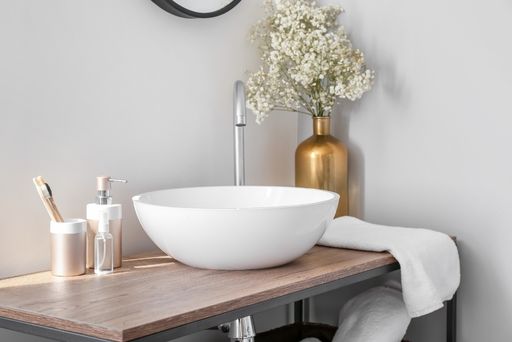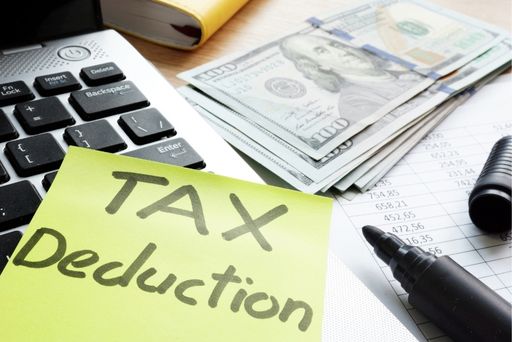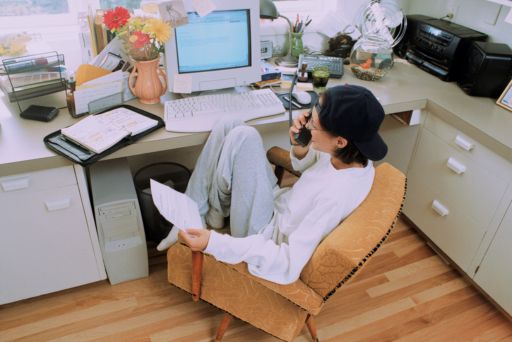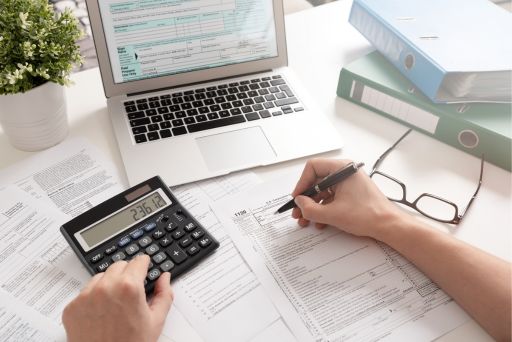Unfortunately, no. You can’t claim a bathroom as part of your home office, even though you likely take a potty break or two during your work day.
Remember the two most important words when it comes to home offices?
Exclusive and Regular. Even if you mostly use the bathroom closest to your home office while you work, the second you use it as a guest bathroom, for your children, or “off the clock,” it’s not exclusive anymore. In all reality, that’s not happening in most homes. Nine out of 10 times you can’t claim a bathroom as part of your home office.
Take this case study, for example:
“In T.C. Memo. 2011-201, Luis Bulas, Petitioner, v. Commissioner of Internal Revenue, Respondent, Docket No. 18977-09, U.S. Tax Court Judge Haines agreed with the IRS that taxpayer Luis Bulas was not entitled to a deduction for his use of the bathroom as a home office expense.
Bulas, a Florida taxpayer, knows a little something about the tax system. He has a master’s degree in accounting from Florida International University. Even better, he worked for the IRS for seven years as a tax technician, revenue agent, Appeals auditor, and Appeals officer, prior to starting his own tax agency. So, yes, for a long while, he was the guy who helped make decisions about whether a taxpayer was complying with the tax laws (cue music).
Bulas also happens to be a father of two daughters, one in high school and one in college, that helped him out with the business from time to time. This is only relevant because he claimed that he paid wages to his daughters and yet managed not to issue any forms 1099 or forms W-2 to them, a fact that also came up as part of his examination.
But, yawn. That’s kind of run of the mill boring stuff. Let’s get to the potty humor.
Bulas was flush enough (wince, I know, terrible pun) to have a personal residence which included a house, a garage, and a guesthouse. The total amount of space worked out to about 2,677.34 square feet.
Like many professionals, Bulas used one of the rooms in his home – in this case, a spare bedroom – as his office space. The total amount of the space for the bedroom was 226.3 square feet. Bulas eventually put an additional bathroom in his home, ostensibly for his clients’ use.
The IRS issued Bulas a notice of deficiency, denying the deductions for the wages paid to his daughters and the business use of his residence. Bulas, of course, appealed, which is how the case made it to Tax Court.
Bulas claimed that he used one of the bedrooms in his house exclusively for his office. Um, okay. That seems reasonable.
Bulas also argued, however, that he used the hallway – wait, he’s losing me here – and the bathroom exclusively for his accounting business. He went on to testify that his children and personal guests also used the bathroom.
The IRS was willing to grant him the use of the bedroom. The bedroom was, as mentioned earlier, about 226.3 square feet, which worked out to about 8.45% of the total square feet associated with Bulas’ residence. That means that he was entitled to pro-rate his allocable expenses and take 8.45% as a business deduction. No more. Bulas could not offer proof that the personal use of the hallway and bathroom met any exception under section 280A(c) of the Tax Code and thus, the personal use of the space trumped the business use. The result? He lost the deduction.”
Even though a regular office has a bathroom (let’s hope anyway!) you can’t claim one on your home office. There are, however, a plethora of other deductions available when claiming a home office. Capitalize on those and let go of that extra 100 sq ft you thought you might be able to claim this year.





 If you read our
If you read our 

 If you own a small business, you undoubtedly work from home, at least on occasion. If you’re like many small business owners in today’s world, you might even work exclusively from home. Whichever category you fall under, claiming a “home office” on your taxes can be tricky. Here’s a quick step-by-step guide to make sure you’re in line with IRS standards when it comes to your home office.
If you own a small business, you undoubtedly work from home, at least on occasion. If you’re like many small business owners in today’s world, you might even work exclusively from home. Whichever category you fall under, claiming a “home office” on your taxes can be tricky. Here’s a quick step-by-step guide to make sure you’re in line with IRS standards when it comes to your home office.




